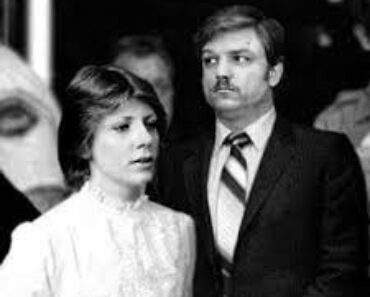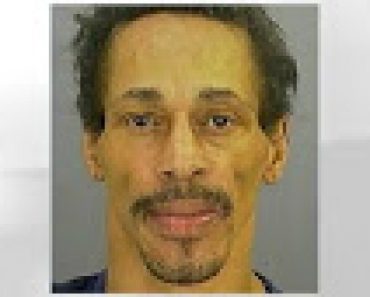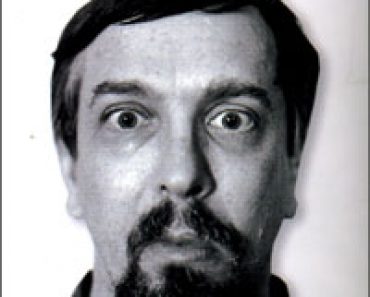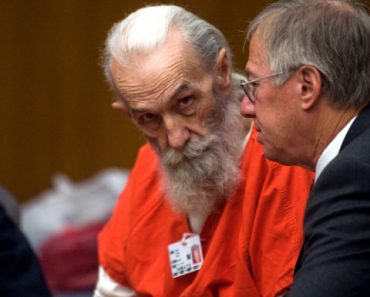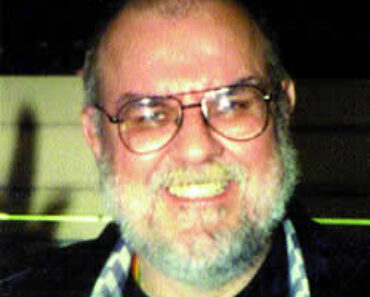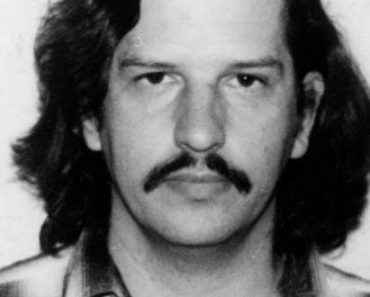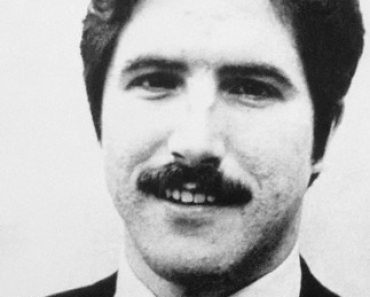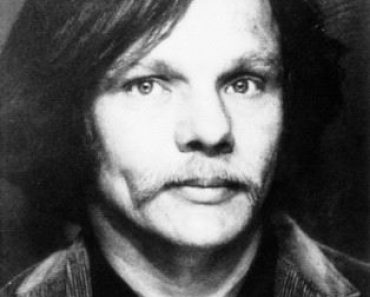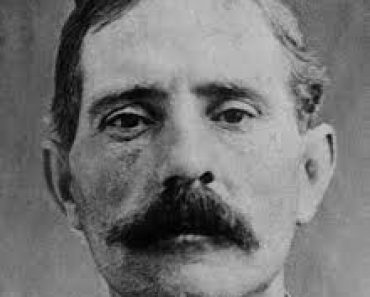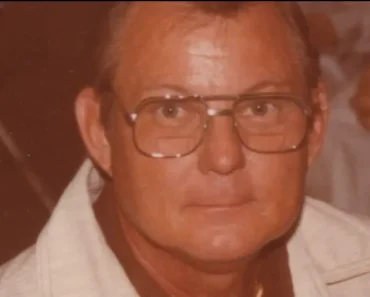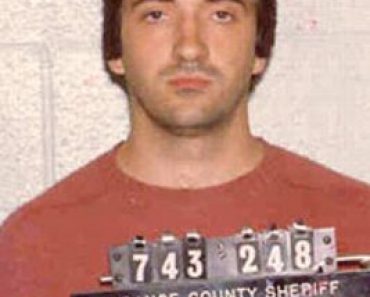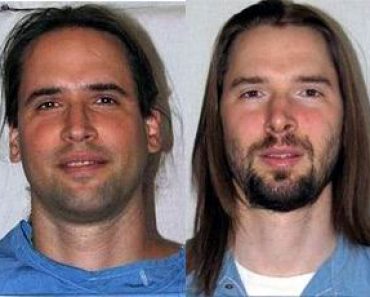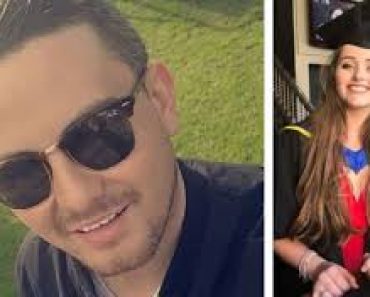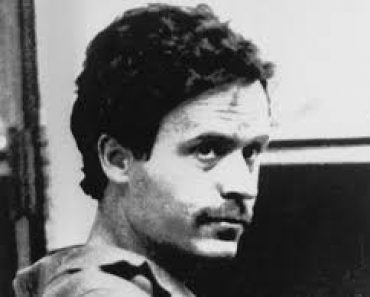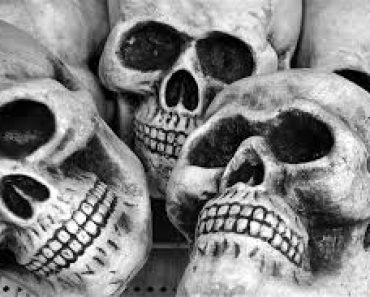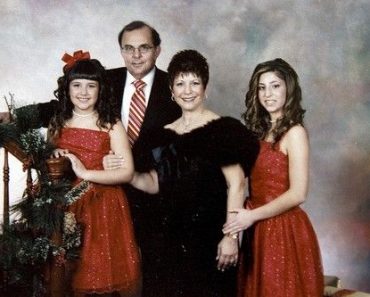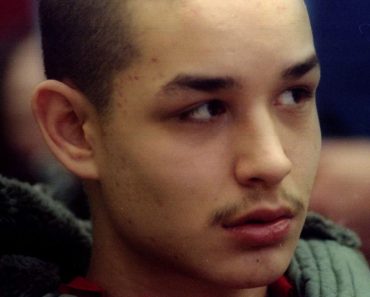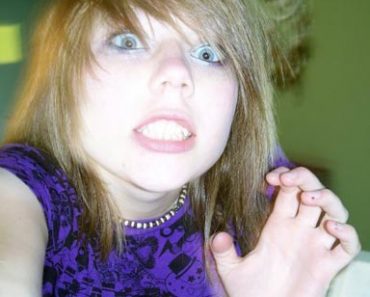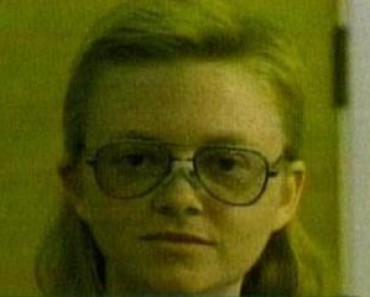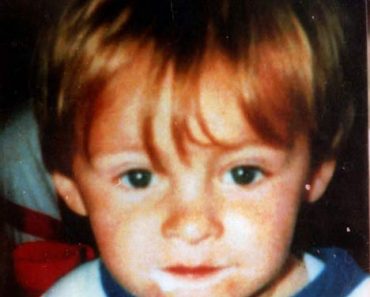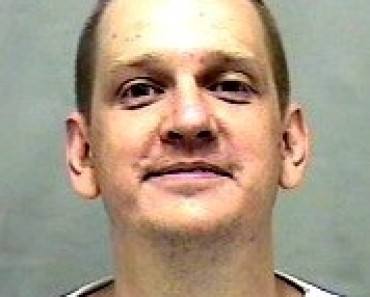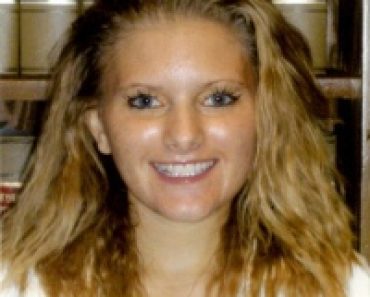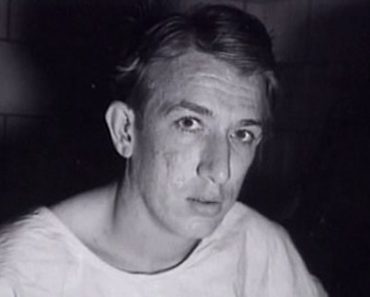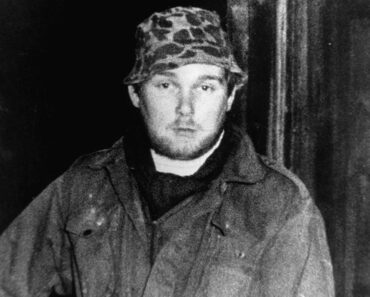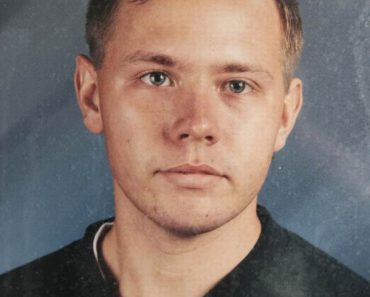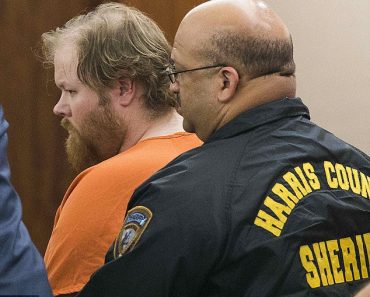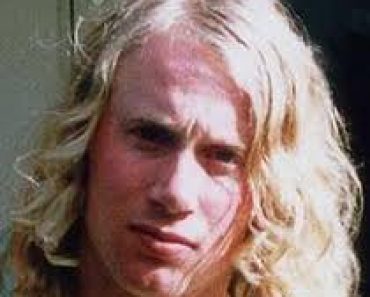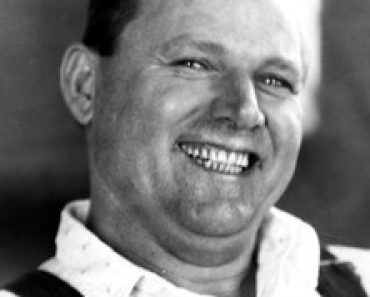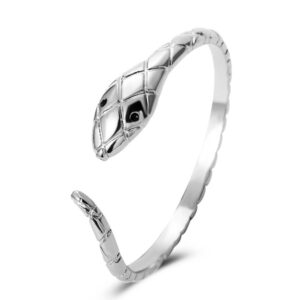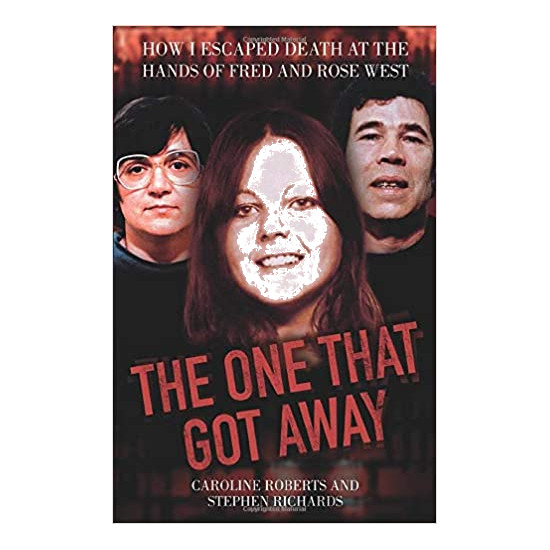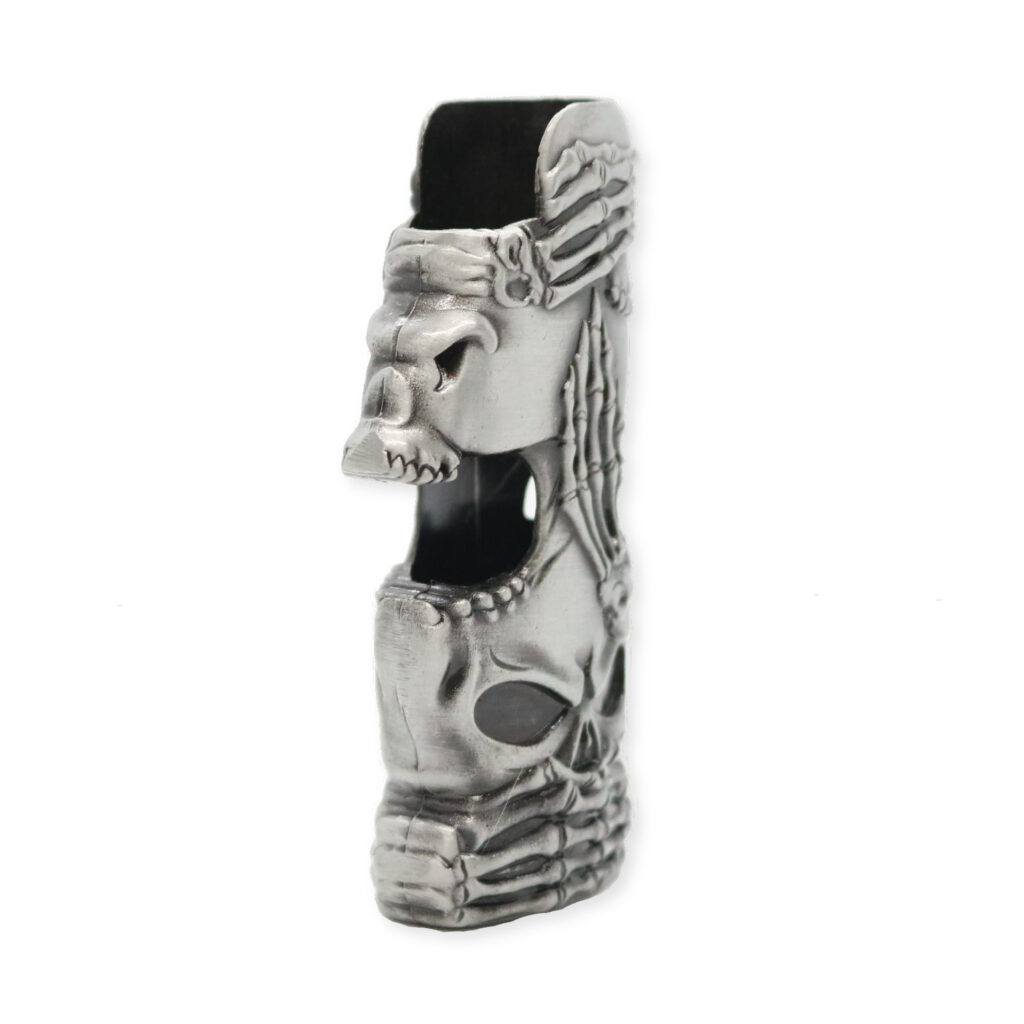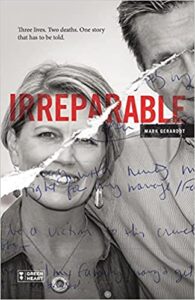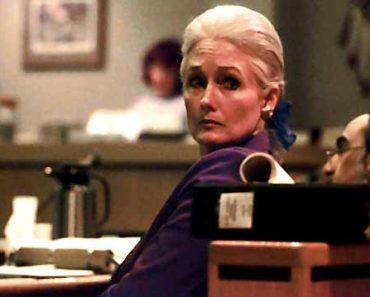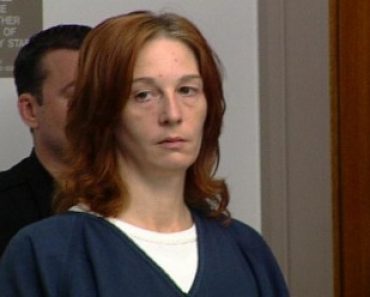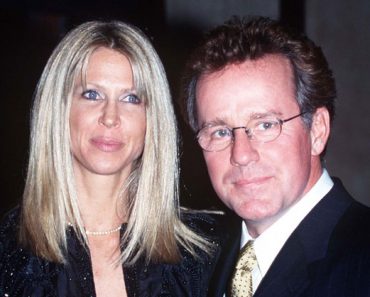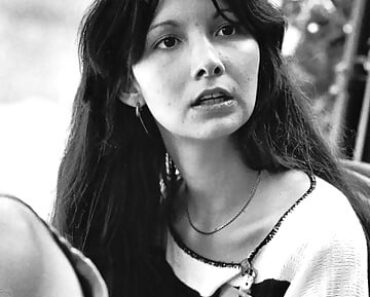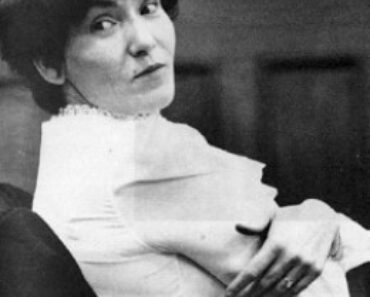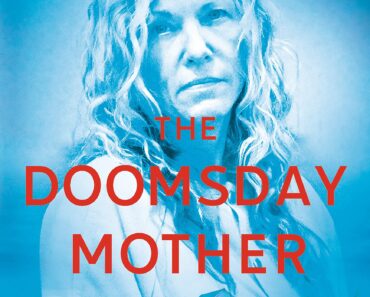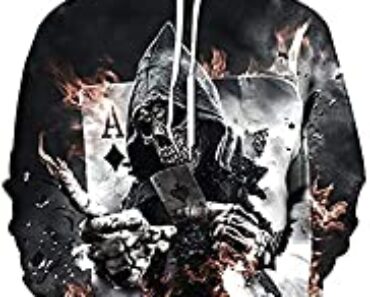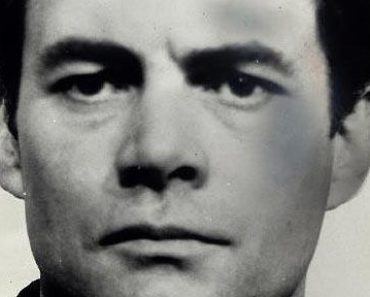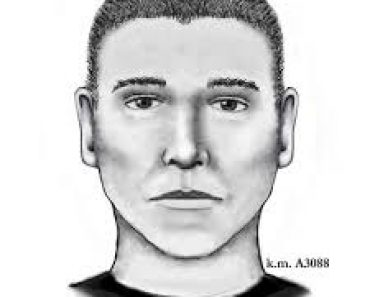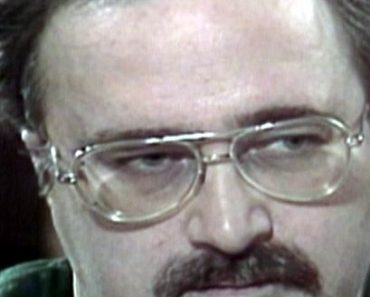Harry Powers | Serial Killer
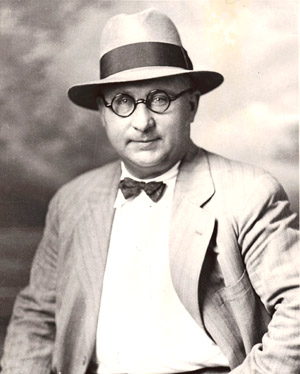
Harry Powers
Born: 11-17-1892
Lonely Hearts Murderer
American Serial Killer
Crime Spree: 1931
Death: 03-18-1932
Long before there was a craigslist or dot-com dating, there were places where men and women who were too shy or busy to meet face to face could find romance. Calling themselves “matrimonial bureaus,” these organizations were known mostly as the “lonely hearts clubs,” and they flourished through the middle of the 20th century.
Such was Detroit’s American Friendship Society, which opened its doors in 1927. By 1931, it had earned more than $100,000. The business continued to thrive, even after the country plunged into the Depression.
For an annual fee ($4.95 for men, $1.95 for women), members got a listing of available matches, mostly widows and widowers, with a description of their most attractive features – whether real or not.
Harry Powers
Among American Friendship’s clients in 1931 was a man who, based upon his written profile, should have had no trouble attracting the ladies.
“Wealthy widower,” the ad read, “worth $150,000. Has income from $400 to $2,000 a month.” His profession was listed as “civil engineer.”
“Own a beautiful 10-room brick home, completely furnished with everything that would make a good woman happy. My wife would have her own car and plenty of spending money. Would have nothing to do but enjoy herself.”
Cooler heads might have figured this was too good to be true, but not Asta Eicher, 50, a Chicago widow with three children – Greta, 14; Harry, 12, and Anabel, 9. Eicher’s husband, a silversmith, had died eight years earlier, and since his death she had dedicated herself to raising her family.
They Disappeared
In July 1931, for the first time in years, she had told friends that romance had again entered her life. But other than her new love’s name, Mr. Pierson, she offered few details.
That same month, she asked William O’Boyle, a boarder, to find another place to live. The excuse she gave was that the pudgy, pig-faced little Pierson, who had been hanging around the house for weeks, was moving in.
Then she and her children disappeared. No one paid much attention until August, when O’Boyle went back to Eicher’s house to pick up some tools he had left behind. Eicher and her children were gone, but the man O’Boyle knew as Pierson was there, and he was emptying the house.
O’Boyle called police, who asked the stranger about the missing family.
The man introduced himself as “Cornelius O. Pierson, of the Fairmont Hotel, Fairmont, W.Va.” The Eichers, he said, had moved to Colorado, and had left him behind to settle their affairs. He produced a letter that appeared to be in Eicher’s handwriting, saying he had paid her property taxes and mortgage, and that he should tidy up the house to prepare it for renters. But when he could offer no real details on the whereabouts of the family, police decided to probe a little more.
The Murder Farm of Harry Powers
No one in Fairmont, W.Va., had ever heard of him, and it seemed that the trail was about to go cold. Then investigations at Eicher’s house yielded a few clues, in the form of love letters.
The letters led them to a small property near a West Virginia hamlet called Quiet Dell, where Pierson lived under the name Harry Powers, with his wife of four years, Luella.
It would soon become known as the “murder farm.”
Harry Powers insisted that the Eicher’s had gone west, but then just a few seconds later, he sputtered that the widow had traveled with him to West Virginia.
The conflicting stories raised suspicions, so detectives kept sniffing around. They learned that two months earlier, Powers had built a garage on the property. When they took a look inside, they found jewelry, clothes and other items that had belonged to Eicher.
Soon after that, the widow and her children were found. On Aug. 28, police dug up four corpses, wrapped in burlap sacks and buried in a shallow grave. A day later, they found the body of another woman in the garage. She would later be identified as Dorothy Lemke, 50, a divorcée from Northboro, Mass. Like Eicher, Lemke had gone missing in July.
So Many Victims
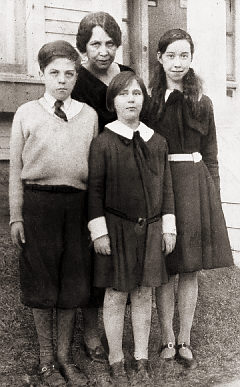
Inside Powers’ home, there was a trunk-load of correspondence from more than 100 love-starved widows and spinsters from all over the country. Letters and photos found in the trunk suggested that he had been operating as a love racketeer for more than a decade. A roll of film left in a camera was developed, yielding images of Lemke and Powers together.
After a brutal grilling by police, Harry Powers confessed to the five murders. After promising marriage, he had driven Eicher and her kids from Chicago to his farm. He locked them up for a few days, then took them to a room where he had suspended a noose from the rafters.
One by one, they were hanged. “I was permitting little Harry Eicher to watch the killing of his mother and the others, but in the middle of it he let out an awful scream,” Powers told police. “I was afraid the neighbors would hear it, so I picked up a hammer and let him have it.”
Lemke had arrived a day after the Eichers. She was ushered into the garage, locked up and later hanged.
Harry Powers
Digging around the farm produced no more bodies, but there was a strong suspicion that Harry Powers had killed before. Asked once how many he had murdered, he shrugged his shoulders and muttered, “I don’t know.”
Other women came forth with stories of how Powers had wooed them.
Bessie Storrs of Olean, N.Y., told The Associated Press that her wedding had been planned for the day that Harry Powers had been arrested.
Other women said that they emptied their bank accounts when their mail-order bridegroom proposed.
As soon as he pocketed their cash, he vanished, leaving the ladies sadder and wiser, but alive.
Bank accounts held by Eicher and Lemke had been cleared out just before the murders, leaving little question as to a motive.
Quick Conviction and Quicker Hanging
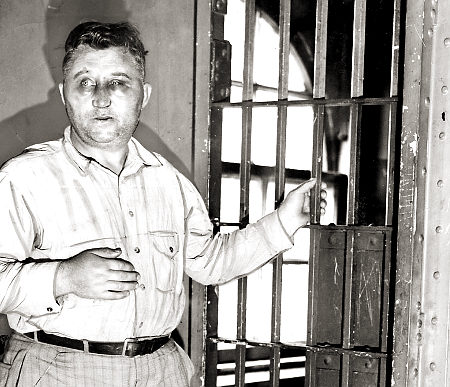
In anticipation of enormous crowds, the trial, which started on Dec. 7, 1931, was moved from a courtroom to the 1,200-seat opera house in Clarksburg. Harry Powers seemed unconcerned as the trial opened, chewing gum and yawning through the first day. By the time he got on the stand, however, he was in tears. He said that his miserable marriage had driven him to seek out mail-order sweethearts. But he denied the killings, recanting his earlier confession.
After deliberating for one hour and 50 minutes in the opera-house dressing room, the jury found him guilty. The penalty was death by hanging.
In jail, the prisoner produced a detailed confession. And, on the gallows, March 18, 1932, Harry Powers was given the chance, as are all condemned men, to offer a last statement. But for once, the Don Juan who had spewed out thousands of words to women all over the country had nothing to say.
“No,” was all he uttered before the trapdoor opened and he plunged to his death.

source: murderpedia / Mara Bovsun
This site contains affiliate links. We may, at no cost to you, receive a commission for purchases made through these links

